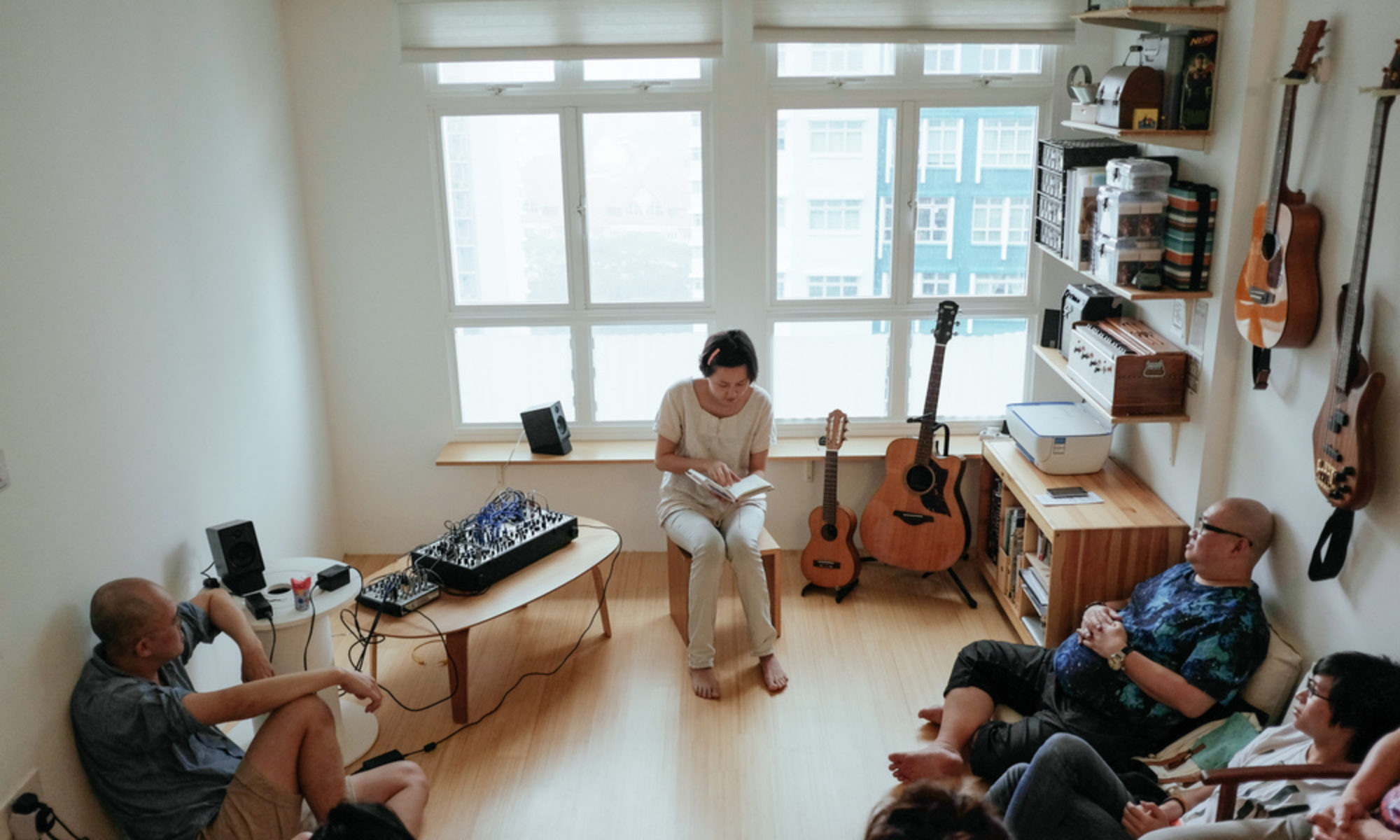Homecoming
Gwyneth Lewis (b. 1959)
Two rivers deepening into one;
less said, more meant; a field of corn
adjusting to harvest; a battle won
by yielding; days emptied to their brim;
an autumn; a wedding; a logarithm;
self-evidence earned, a coming home
to something brand new but always known;
not doing, but being – a single noun;
now in infinity; a fortune found
in all that’s disposable; not out there, but in,
the ceremonials of light in the rain;
the power of being nothing, but sane.
(1995)
***
Psalm 139:1-6 (NIV)
You have searched me, Lord,
and you know me.
You know when I sit and when I rise;
you perceive my thoughts from afar.
You discern my going out and my lying down;
you are familiar with all my ways.
Before a word is on my tongue
you, Lord, know it completely.
You hem me in behind and before,
and you lay your hand upon me.
Such knowledge is too wonderful for me,
too lofty for me to attain.
***
1 Corinthians 8:1-3 (NIV)
We know that “We all possess knowledge.” But knowledge puffs up while love builds up. Those who think they know something do not yet know as they ought to know. But whoever loves God is known by God.
***

***
Gwyneth Lewis is the former Poet Laureate of Wales, a bilingual writer of Welsh and English, and is known for writing the words that adorn the front of the Wales Millennium Centre. The stained-glass letters of the poem stand at six feet tall and it is rumoured that her poem is, literally speaking, the biggest in the world. Her poetry has been described by scholar Ruth McElroy as having ‘a loving, fluent yet jittery relationship with its language, one that pushes and pulls against the traditional forms she employs’. The dexterity of her writing and expansiveness of her metaphorical imagination is evident in her poem ‘Homecoming’, which is in itself an exercise in teasing out the similarities between seemingly disparate symbols.
The effect of reading ‘Homecoming’ is to feel suddenly attentive to her itemised style of listing, with its opening lines setting up the poem’s conceit: ‘Two rivers deepening into one; less said, more meant’. The intertwining rivers she describes set up a sense of convergence that accompanies the feeling of coming home, before she implores us as readers to see through to the semantics of her imagery. Coming home is like ‘a field of corn adjusting to harvest’, the gentle incidence of violence that bears fruit, ‘a battle won by yielding’, itself an image of mercy and humility, and a quick succession of delights that read like non-sequiturs: ‘an autumn’ (because of the splendour of changing colours?), ‘a wedding’ (because of the delight of communities coming together?) and ‘a logarithm’ (because of its ability to express quantities in tiny scopes?).
Perhaps coming home is summed up best by the speaker describing it as ‘self-evidence earned, a coming home / to something brand new but always known’. The agglomeration of delights that Lewis describes gives way to the simplicity of something that is ‘known’, which reminded me of the sentiments expressed in both 1 Corinthians and the Psalms that to be known by God is to be loved by God and equally, to love God in return. It is a simplicity that portends the possibility of delighting in ‘not doing, but being’ and ‘the power of being nothing, but sane’. And perhaps it is this ephemerality that is the ‘fortune found / in all that’s disposable’: the realisation that the transience of our being and a recognition of it make us at once more acutely aware of the joy that populates our loves and equally, makes us feel as if we have come home.
What makes you feel at home?
***
© 1995 Gwyneth Lewis

